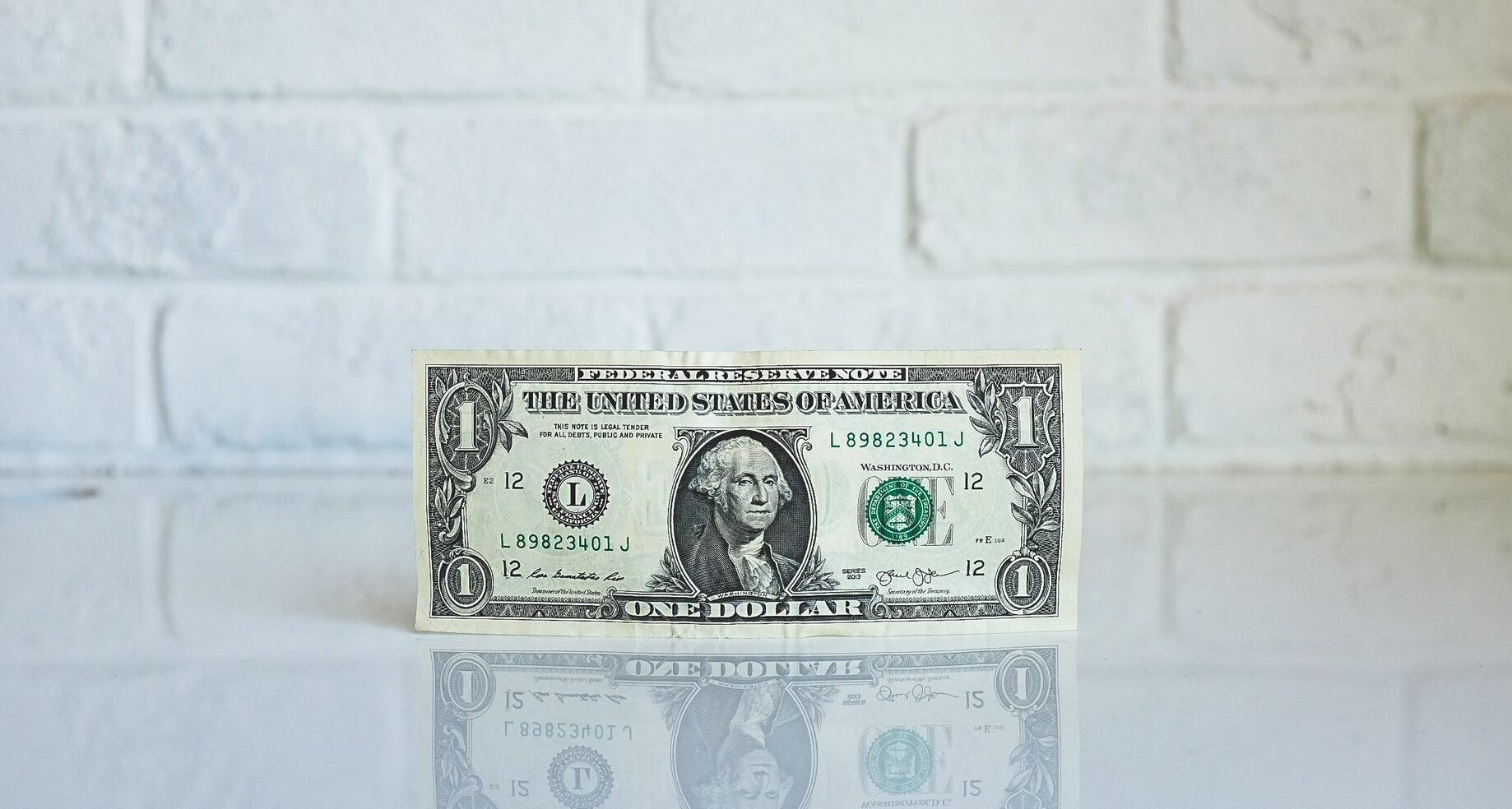There are more and more alternatives to the dollar

A process of moving away from the dollar for international trade is underway in the world which does not only concern China and Russia. All the details in the article by Mario Lettieri, former Undersecretary of the Economy, and Paolo Raimondi, economist
The international economic and monetary front is much more active than one thinks or admits. Little attention has been paid to Vladimir Putin's statement when, during talks in Moscow with Chinese President Xi Jinping, he stated that "Russia is in favor of the use of the yuan in agreements with the countries of Asia, Africa and of Latin America". Putin noted that two thirds of transactions between Russia and China are already settled in rubles and yuan. Now Moscow is committed to using the Chinese currency also in payments with other nations. Clearly it is an incentive to many other countries to replace the dollar in their transactions and trade.
IS THE DOLLAR LOSING ATTRACTIVENESS?
The international effect of these monetary choices cannot be underestimated also because the fears aroused by the recent banking turmoil in the US are making dollar-based assets less attractive. Of course, it continues to maintain its centrality with respect to the currencies of so-called advanced countries and those of emerging markets. It is still used for 41% in global trade. But the world perceives that a tectonic shift is underway.
Even Jim O'Neill, the former Goldman Sachs economist, argues that "the dollar plays too dominant a role in global finance" and calls on emerging markets to reduce their risks in this regard.
WHAT SAUDI ARABIA AND BRAZIL DO WITH THE YUAN
Considerable unease had been created by Saudi Arabia's propensity to use Chinese currency in payments for its oil exports to China.
There are also new agreements between China and Brazil to market in yuan and real especially in the mining and food and technology fields. During a recent seminar organized by the Brazilian agency for the promotion of trade and investment, ApexBrasil, it was agreed that Banco Bocom Bbm, born from the encounter of a Brazilian bank with a Chinese one, adheres to Cips (China Interbank Payment System) , the Chinese alternative to Swift, which is the most widely used international system for transferring money. In addition, the Brazilian branch of the Industrial and Commercial Bank of China would become the yuan clearing hub. Note that trade between the two countries has already exceeded 170 billion dollars.
ASEAN WANTS TO DO ITSELF
Finance ministers and central bank governors of ASEAN, the association involving ten Southeast Asian nations, gathered in Bali, Indonesia, proposed using local currencies in their trade and reducing dependence on major currencies. The president of Indonesia, Joko Widodo, has supported the need to protect oneself from "possible geopolitical repercussions". Finally, the Prime Minister of Malaysia, Anwar Ibrahim, after his recent visit to China, advances the creation of an Asian Monetary Fund to reduce dependence on the dollar and to increase the use of national currencies in trade.
THE CASES OF INDIA AND TOTAL
India is a special case. It considers itself too big to join the initiatives of others, especially China. A discussion has been going on in the Indian leadership for quite some time on how to transform the rupee into an international currency for its trade and that of other interested countries.
More surprising is the agreement in yuan between the Chinese oil company, the China National Offshore Oil Company, with the French TotalEnergies on 65,000 tons of liquefied natural gas imported from the United Arab Emirates. The operation is managed through the Shanghai Petroleum and Natural Gas Exchange, the exchange also created to facilitate payments in yuan. It will be interesting to learn about the economic deals entered into by French President Macron during his recent visit to China.
WHAT ABOUT EUROPE?
It should also be remembered that, despite American opposition, a few months ago German Chancellor Scholz led a large delegation of industrialists to Beijing. Very little is known about the meetings and agreements. Who knows how commercial invoices will be paid: in euros, yuan, dollars or a mix? Germany is Europe's first trading partner with China, with a bilateral trade volume of around 300 billion euros.
These are purely national but interesting initiatives. What the attitude of the European Union is, is not clear. On the other hand, the EU does not have its own precise policy of European interest on many, too many, important strategic issues.
This is a machine translation from Italian language of a post published on Start Magazine at the URL https://www.startmag.it/economia/dollaro-alternative-commercio-internazionale/ on Sat, 22 Apr 2023 05:19:42 +0000.
